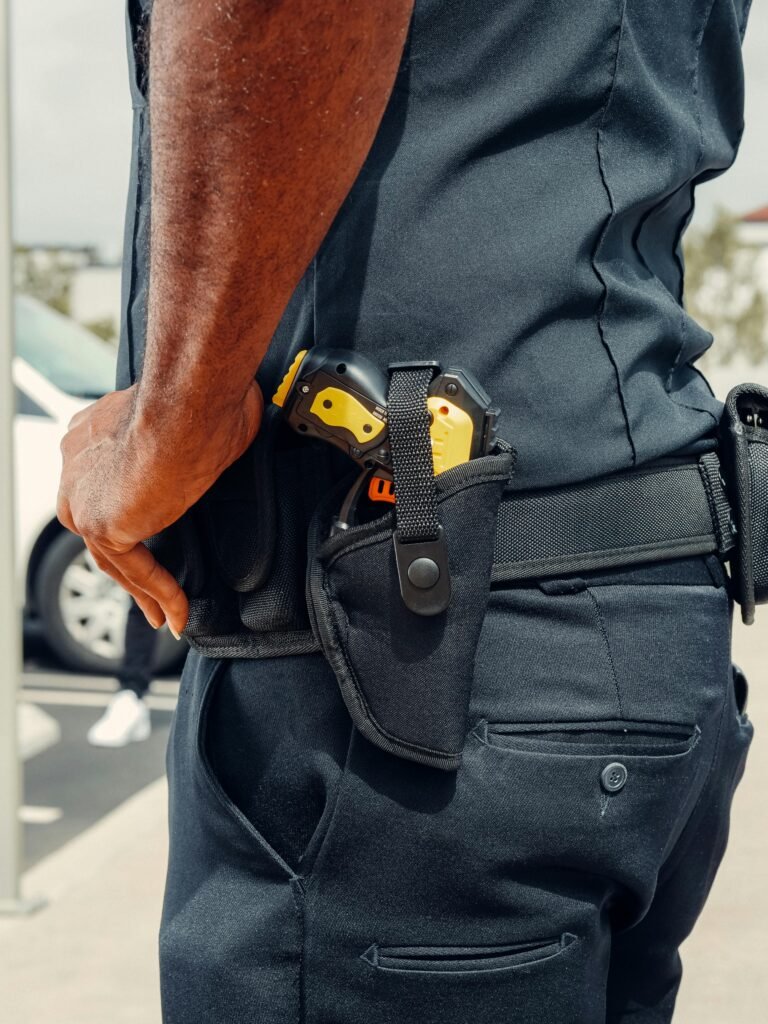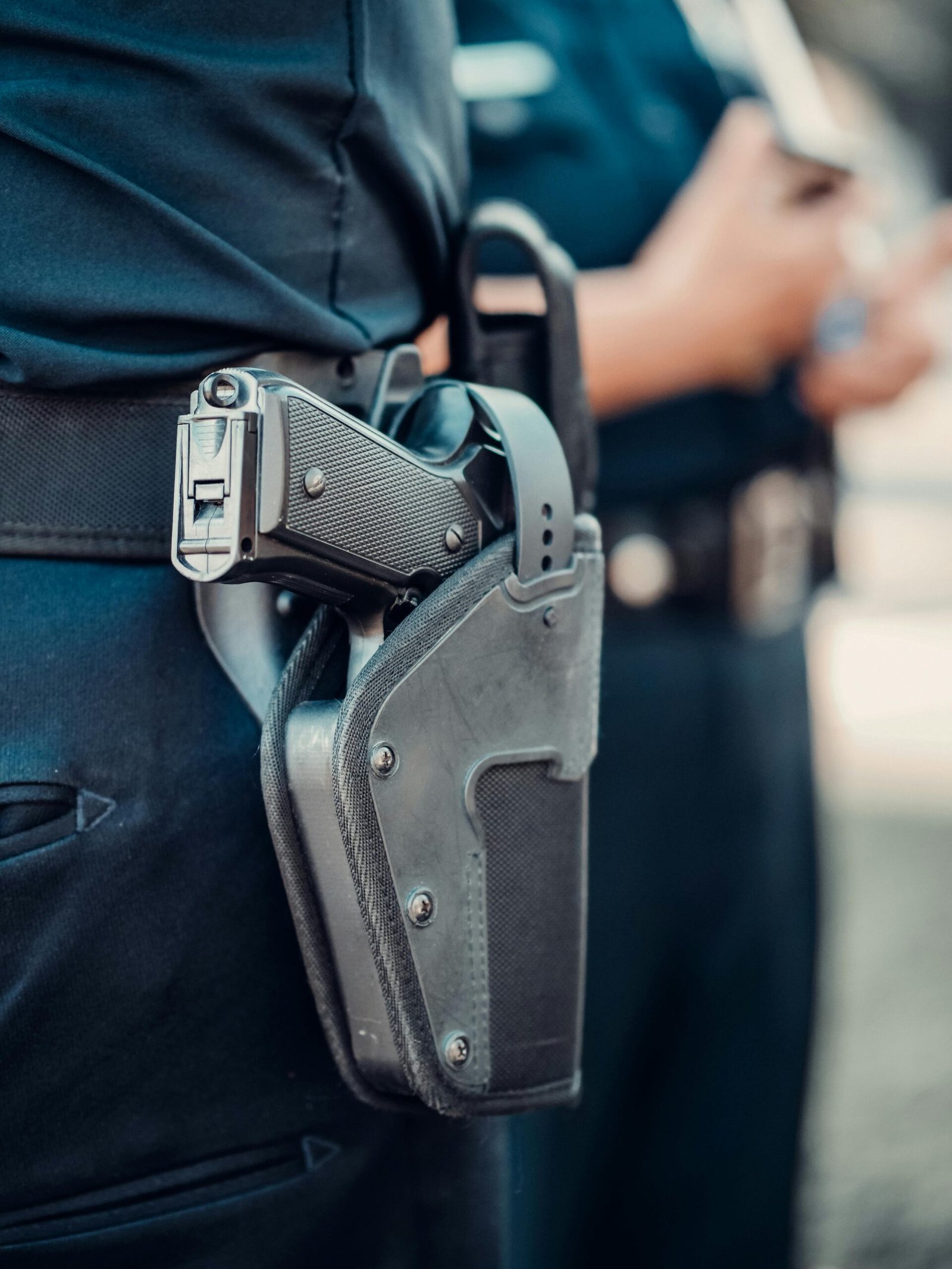Mitigating Risks: Liability and Firearms in Vehicles
Have you ever wondered about the potential legal risks associated with storing firearms in your vehicle?

This image is property of images.pexels.com.
Understanding Liability Issues
Let’s break down the potential liability issues that may arise from storing firearms in your vehicle. It’s essential to have a clear understanding of the responsibilities and risks involved to protect yourself legally.
Civil Liability
In the unfortunate event that your firearm is stolen from your vehicle and used in a crime, you may be held civilly liable for damages caused. This could result in costly legal battles and financial compensation to victims of crimes involving your stolen firearm.
Criminal Liability
If your firearm is not stored securely in your vehicle and is used in a crime, you could also face criminal liability. This may lead to serious legal consequences, including fines and potential jail time. It is crucial to take all necessary precautions to prevent unauthorized access to your firearm.
Safe Storage of Firearms
To mitigate the risks associated with storing firearms in your vehicle, it is essential to prioritize safe storage practices. Ensuring that your firearm is stored securely can help prevent theft and unauthorized use, reducing your liability exposure.
Vehicle Gun Safe
Investing in a high-quality vehicle gun safe is one of the most effective ways to securely store your firearm in your vehicle. These safes are designed to be tamper-proof and provide an added layer of security to protect your firearm from theft or misuse.
Concealed Compartment
If your vehicle does not have a built-in safe, consider installing a concealed compartment to store your firearm out of sight. This can help prevent theft and unauthorized access while keeping your firearm easily accessible to you in case of an emergency.
Legal Considerations
Understanding the laws and regulations surrounding the storage of firearms in vehicles is crucial to ensure compliance and mitigate liability risks. Different states may have specific requirements that you need to follow to legally store firearms in your vehicle.
State Laws
Before storing a firearm in your vehicle, familiarize yourself with the laws and regulations in your state regarding firearms. Some states may have restrictions on the types of firearms allowed to be stored in vehicles or require specific storage mechanisms to be used.
Concealed Carry Permits
If you have a concealed carry permit, make sure to understand the rules for carrying and storing your firearm in your vehicle. Violating the terms of your permit can result in legal consequences and increased liability risks.
Insurance Coverage
Having the right insurance coverage can help protect you in case of theft or misuse of your firearm stored in your vehicle. Understanding your insurance policy and coverage options can help mitigate potential financial risks associated with liability issues.
Personal Property Insurance
Check with your insurance provider to see if your personal property insurance covers firearms stored in vehicles. Some policies may offer coverage for stolen firearms, providing financial protection in case of theft.
Liability Insurance
Consider adding liability coverage to your insurance policy to protect yourself from potential legal claims resulting from the misuse of your firearm. This additional coverage can help cover legal fees and damages in case you are held liable for incidents involving your firearm.

This image is property of images.pexels.com.
Best Practices
To minimize liability risks associated with storing firearms in your vehicle, follow these best practices to ensure safe and secure storage. Implementing these practices can help protect yourself legally and prevent unauthorized access to your firearm.
Always Lock Your Vehicle
Make sure to lock your vehicle whenever your firearm is stored inside. This simple step can help prevent opportunistic theft and unauthorized access to your firearm.
Keep the Firearm Out of Sight
Store your firearm out of sight to avoid attracting unwanted attention to your vehicle. Keeping your firearm concealed can help deter potential thieves and reduce the risk of theft.
Use Tamper-Proof Storage
Invest in a high-quality gun safe that is tamper-proof and securely mounted in your vehicle. Avoid using makeshift storage solutions that may not provide adequate security for your firearm.
Be Mindful of Public Places
If you need to leave your firearm in your vehicle, choose a secure location to park. Avoid leaving your firearm in your vehicle in high-crime areas or places where the risk of theft is higher.
Conclusion
In conclusion, mitigating the risks associated with storing firearms in vehicles requires a combination of legal knowledge, safe storage practices, insurance coverage, and best practices. By understanding your liabilities, complying with laws, securing your firearm, and following best practices, you can protect yourself legally and prevent potential liability issues. Prioritize safety, responsibility, and compliance to mitigate the risks associated with firearms in vehicles.
Remember, ensuring the safe storage of your firearm not only protects you legally but also helps prevent misuse and unintended consequences. Take the necessary precautions to store your firearm securely in your vehicle and minimize liability risks. Stay informed, stay safe, and protect yourself legally when storing firearms in vehicles.


